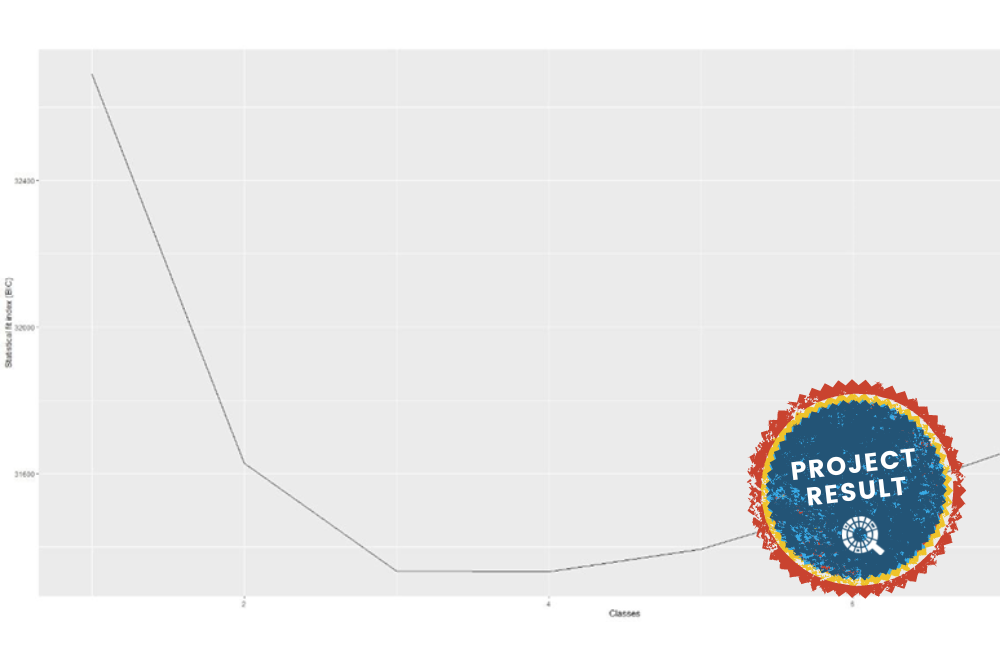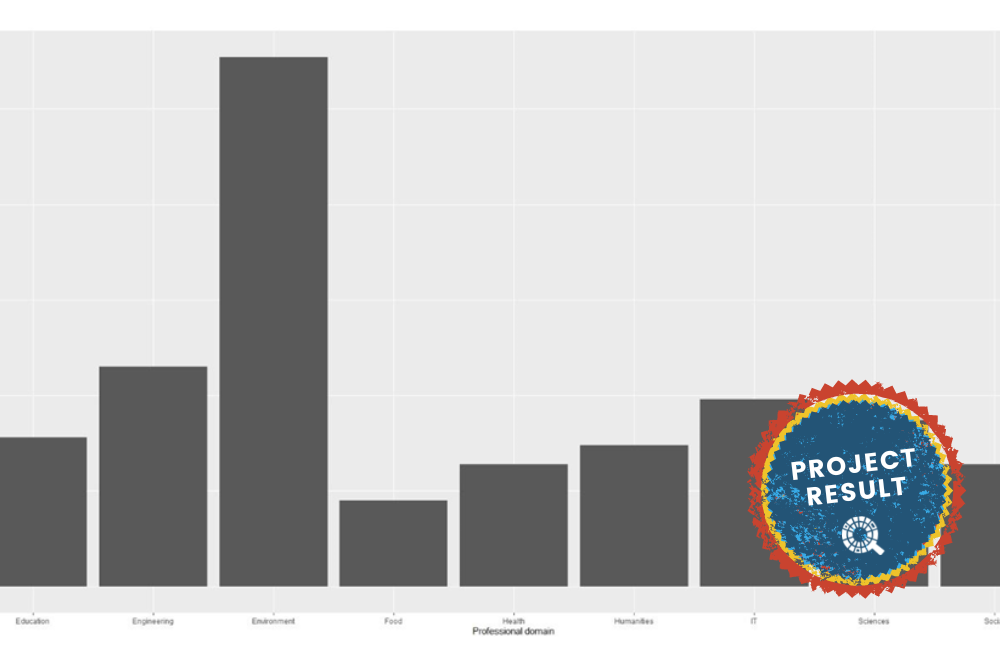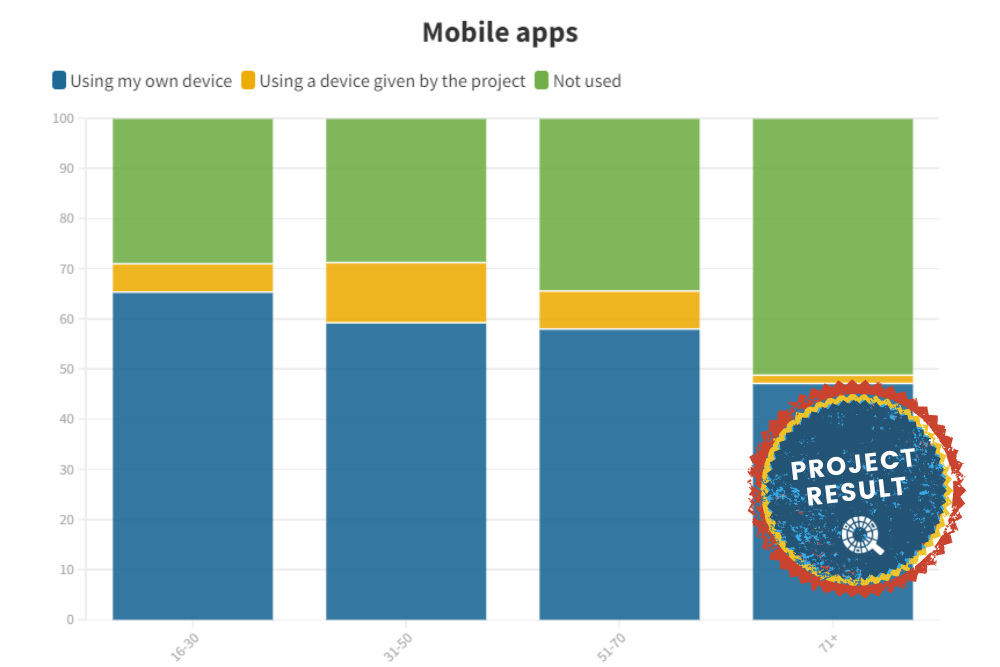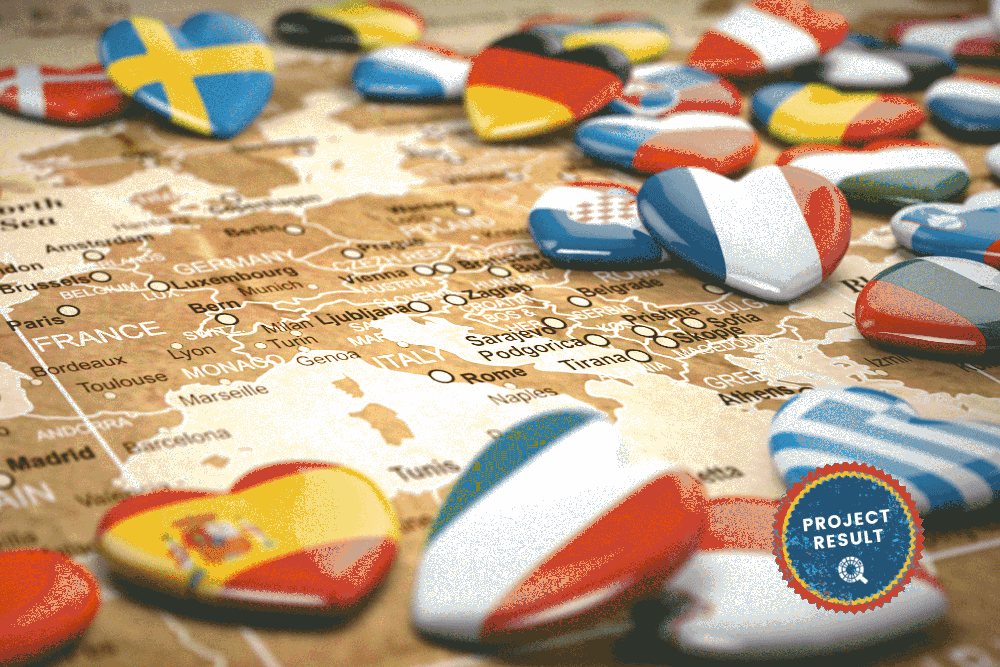People who participate in CS activities are more likely to be male and married but living without children in a small city or large town.
A scientific background (e.g., having a master’s degree) is more prominent among those who participate in CS activities.
While it is generally known that different members of the public can work together with professionals and participate in CS, the demographics among citizen scientists is not always clear (Pateman, Dyke, & West, 2021). Interestingly, a recent CS Track survey1 found that 36% of respondents had a master’s degree or equivalent and that the median age for women was between 31-50 and 51-70 for men, suggesting similarities may exist among citizen scientists.
Figure 1. Educational level group.
Figure 2. Gender.
How to interpret this data
CS is also reflected as a phenomenon that is somewhat distinct within open science. This means that CS projects should strive to enable the underrepresented, e.g. people without a scientific qualification, to have access and participate in CS. However, considering the fact that 36% of the CS Track survey respondents had a master’s degree or equivalent, a non-scientific educational background may represent a barrier for participation.
- Based on analysis conducted in July 2021 of the results of a survey run by the CS Track team from January to July 2021 in which adult citizen scientists (16 years or older) were asked to respond to a questionnaire regarding citizen science and CS activities.
References
Pateman, R., Dyke, A., & West, S. (2021). The diversity of participants in environmental citizen science. Citizen Science: Theory and Practice, 6(1), 1–16. https://doi.org/10.5334/CSTP.369














